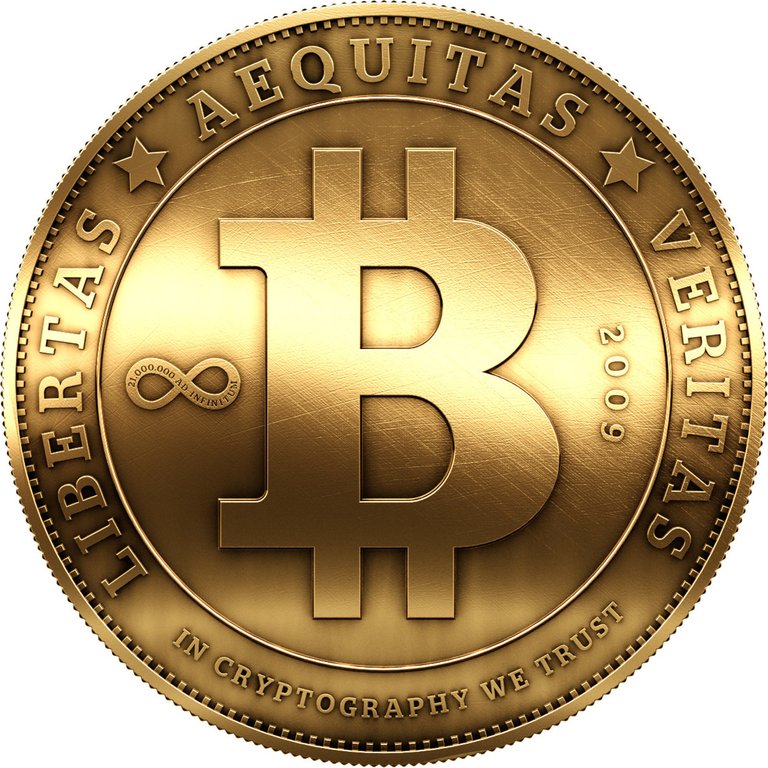Whenever I read a story about bitcoin, the virtual currency that has been so much in the news these days, I think about a man named Dee Hock. In the early 1970s, Hock created the credit card system that we now know as Visa. Hock was a man who liked to think grandiose thoughts. When it came to Visa, and credit cards in general, Hock used to describe them not just as a way to get a short-term loan but as a new kind of payment system, an exchange of value that was on par with, and that competed with, cash.
As it turns out — and the bitcoin experience is helping to illustrate this — Hock’s description of credit cards was more than a little hyperbolic. Yes, you could now use a small plastic card instead of cash to buy something, but that card had value because it connected both the buyer and the seller to a fiat currency. People trusted it because they believed in their country’s currency and financial institutions. The exchange of value was never the credit card itself; it was still the dollar, the pound, the yen.
Bitcoin, on the other hand, is truly a new form of payment system, unconnected to any currency or any government. Its libertarian proponents in Silicon Valley love that about it; they talk about it as a potential disrupter of traditional financial institutions. It has value not because a government has decreed and backed its value — the classic definition of a fiat currency — but because a community of users has decided to give it value. Its current travails, however, suggest that may also be its inherent flaw: that however much we say we mistrust governments and banks, when it comes to our money, we trust them a lot more than we trust some clever lines of computer code.
The Internet, I should note, could really use a digital currency. For starters, it would make transactions on the web much easier while cutting down on the rampant credit card fraud and identity theft that exists online.
It is also true that there have been many unsuccessful attempts to create a digital currency. Bitcoin is by far the most ingenious attempt, and it solves numerous problems. It allows for anonymity, just like cash, while also rendering transactions public, which ensures against double spending (that is, using the same bitcoins for multiple transactions). It is virtually impossible to counterfeit. And, as Felix Salmon pointed out last year, “to all intents and purposes, bitcoins are invisible to law enforcement and the taxman.”

Hi. I am a volunteer bot for @resteembot that upvoted you. Your post was chosen at random, as part of the advertisment campaign for @resteembot. @resteembot is meant to help minnows get noticed by re-steeming their posts
To use the bot, one must follow it for at least 3 hours, and then make a transaction where the memo is the url of the post.
If you want to learn more - read the introduction post of @resteembot.
If you want help spread the word - read the advertisment program post.
Steem ON!
i dont understand what you mean plz explain
Hi! I am a robot. I just upvoted you! I found similar content that readers might be interested in:
https://www.nytimes.com/2014/03/01/opinion/nocera-the-bitcoin-blasphemy.html